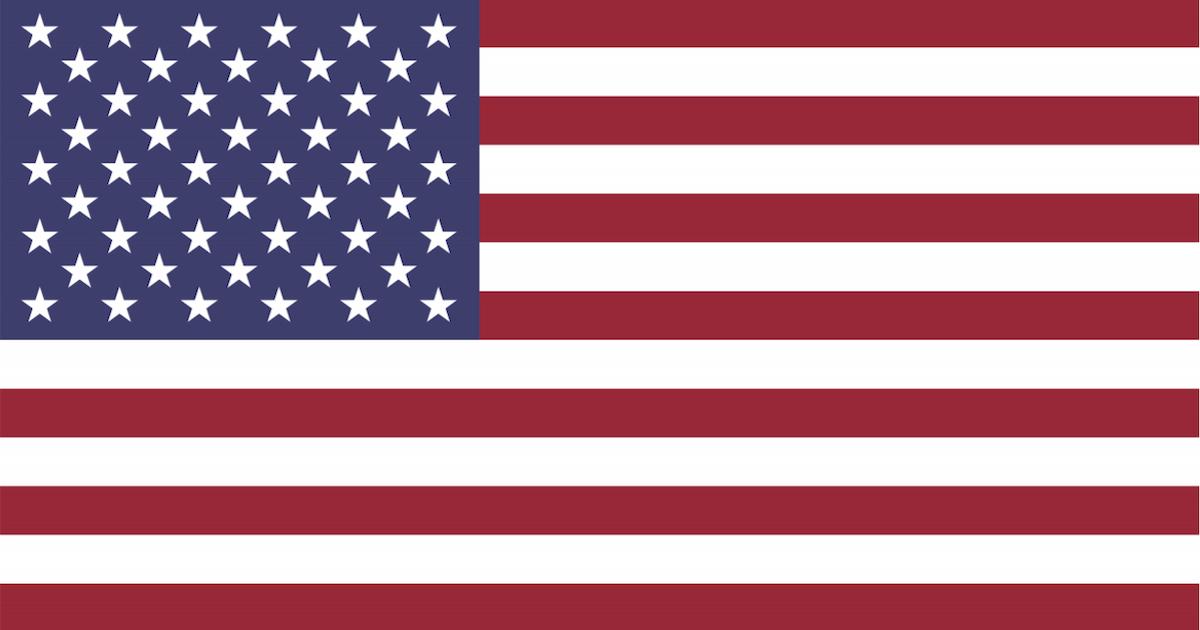- Take Action: Urge Congress to End Federal Cannabis Prohibition
Press Release
National Conference of State Legislatures Urges Federal Government to Respect State Marijuana Laws

FOR IMMEDIATE RELEASE
Thursday, August 6, 2015
Contact: Violet Cavendish
[email protected]
Resolution approved by state lawmakers from around the nation expresses support for amending the Controlled Substances Act and other federal laws ‘to explicitly allow states to set their own marijuana and hemp policies without federal interference;’ it also ‘urges the administration not to undermine state marijuana and hemp policies’
SEATTLE — The National Conference of State Legislatures (NCSL) approved a resolution Thursday urging the federal government to allow states to determine their own marijuana policies. For a resolution to pass, it must be supported by a majority of participating legislators in each of 75% of the states represented at the conference’s general business meeting.
The preamble to the resolution, introduced by New Hampshire State Rep. Renny Cushing, notes that “states are increasingly serving as laboratories for democracy by adopting a variety of policies regarding marijuana and hemp,” and it highlights the fact that “the federal government cannot force a state to criminalize cultivating, possessing, or distributing marijuana or hemp — whether for medical, recreational, industrial, or other uses — because doing so would constitute unconstitutional commandeering.”
The resolution states:
NOW, THEREFORE, BE IT RESOLVED that the National Conference of State Legislatures believes that federal laws, including the Controlled Substances Act, should be amended to explicitly allow states to set their own marijuana and hemp policies without federal interference and urges the administration not to undermine state marijuana and hemp policies.
BE IT FURTHER RESOLVED that the National Conference of State Legislatures recognizes that its members have differing views on how to treat marijuana and hemp in their states and believes that states and localities should be able to set whatever marijuana and hemp policies work best to improve the public safety, health, and economic development of their communities.
The full resolution can be found online at http://www.ncsl.org/documents/standcomm/sclaw/Marijuana_Policies_Federal_Interference.pdf.
“State lawmakers just sent a message to Congress that could not be any clearer,” said Karen O’Keefe, director of state policies for the Marijuana Policy Project, which tracks marijuana policy in all 50 states and lobbies in state legislatures throughout the country. “It’s time to end the federal prohibition of marijuana and let the states decide what policies work best for them.
“A majority of Americans support making marijuana legal for adults and even more think states should be able to establish their own marijuana laws without federal intrusion,” O’Keefe said. “This resolution is a strong indication that legislators throughout the nation are not just hearing from but listening to their constituents when it comes to marijuana policy.”
Twenty-three states, the District of Columbia, and Guam have adopted laws that allow seriously ill patients to use medical marijuana if their doctors recommend it, and four states — Alaska, Colorado, Oregon, and Washington — have adopted laws that make marijuana legal for adults and regulate it similarly to alcohol. Marijuana possession, cultivation, and sales are illegal under federal law, but the Department of Justice has indicated that it will not allocate resources toward enforcing federal marijuana laws in cases involving individuals or businesses that are acting in compliance with state laws.
###
Founded in 1995, the Marijuana Policy Project (MPP) is the nation’s leading cannabis policy reform organization. MPP has played a central role in passing dozens of cannabis policy reforms in states across the country, including 14 successful cannabis legalization campaigns, and also works to advance federal reforms.